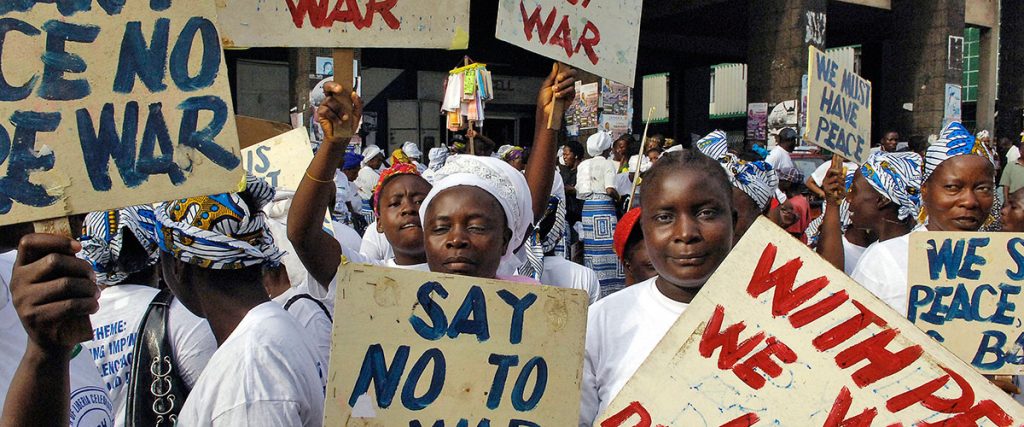
Patriarchal norms promoting masculinity and female submissiveness are fuelling Gender-Based Violence (GBV) and violence against women and girls (VAWG) in Lesotho and other African countries.
This is according to MenEngage Lesotho Country Coordinator, Seabata Makoae. He said this while addressing last week’s virtual Southern Africa Youth Forum.
SAYoF is a regional platform for youths and youth organisations in the SADC region. It aims to make youths “important players and stakeholders in regional processes, to ensure their participation in sustainable transformation and in the agenda set by SADC Heads of State”.
SAYoF is also promoting youth leadership and governance, transitional justice and peacebuilding, climate change and the environment; business and entrepreneurship; disability; development cooperation and integration in the region.
Its forum, from 10 to 13 August 2021, was held virtually as a series of webinars with participants drawn from various SADC countries under the theme: ‘Blue and Green Economy for Sustainable Development.
One webinar tackled GBV and VAWG, exploring and proffering potential solutions to the twin scourges which have afflicted Lesotho, southern Africa and the continent.
One speaker was Mr Makoae, who represented MenEngage Lesotho- a network of organisations that seek to engage men and boys to promote and protect the rights of women and girls.
He blamed patriarchal notions of dominant masculinity and a conversely subservient female for fuelling GBV and VAWG.
“Notions that men are strong, superior and they should use violence to put a woman in ‘her place’ are fuelling GBV,” Mr Makoae said.
“According to these notions, a man must always have control and he must not be vulnerable. Women must be submissive towards their partner and male figures in the family. They should be complicit with male privilege and entitlement in order to protect male egos. They should play their part to uphold male dominance.
“Violence is seen as an acceptable way to enforce male control and domination. It is normalised. It is reinforced by the state and community leadership, in families, relationships and among individuals. Women are not expected to report violence; men are encouraged be violent and control women to prove their manhood. Women link violence with love,” Mr Makoae said.
“However, the notion that a man is a provider is proving to be problematic and it is pushing men to do things that are dangerous and unhealthy. This is because when they are unable to provide, they are rendered men purposeless; it is as though their manhood has been taken away. Only an insane person can deny that there is something monumentally wrong with manhood and masculinity today,” Mr Makoae said.
He said the resultant GBV and VAWG were serious human rights violations that had proved to be obstacles to the attainment of national and international development goals.
“In southern Africa, GBV, and especially VAWG, is among the most severe and widespread forms of human rights violations. The prevalence and acceptance of VAWG in Southern Africa is very high in international comparison.
“Not only is VAWG a grave violation of human rights, it is also a serious obstacle to the progress of countries towards the attainment of national and international development goals.”
He said all was, however, not lost, adding that since violence was learned behaviour, it could also be unlearned.
He said, in addition, the elimination of VAWG is explicitly listed as a target of Sustainable Development Goal (SDG) 5 on gender equality and SDG 16 which aims at a significant reduction of all forms of violence.
Eliminating GBV and VAWG was also one of the aims of the SADC Protocol on Gender and Development, he said.
Lesotho, in particular, has an added incentive to tackle GBV and VAWG. A Commonwealth report of September 2020 found that violence against women and girls is costing the country at least 5, 5 per cent of its gross domestic product (GDP) through absenteeism from work by victims, court litigations, hospitalisation and counselling among other things.

